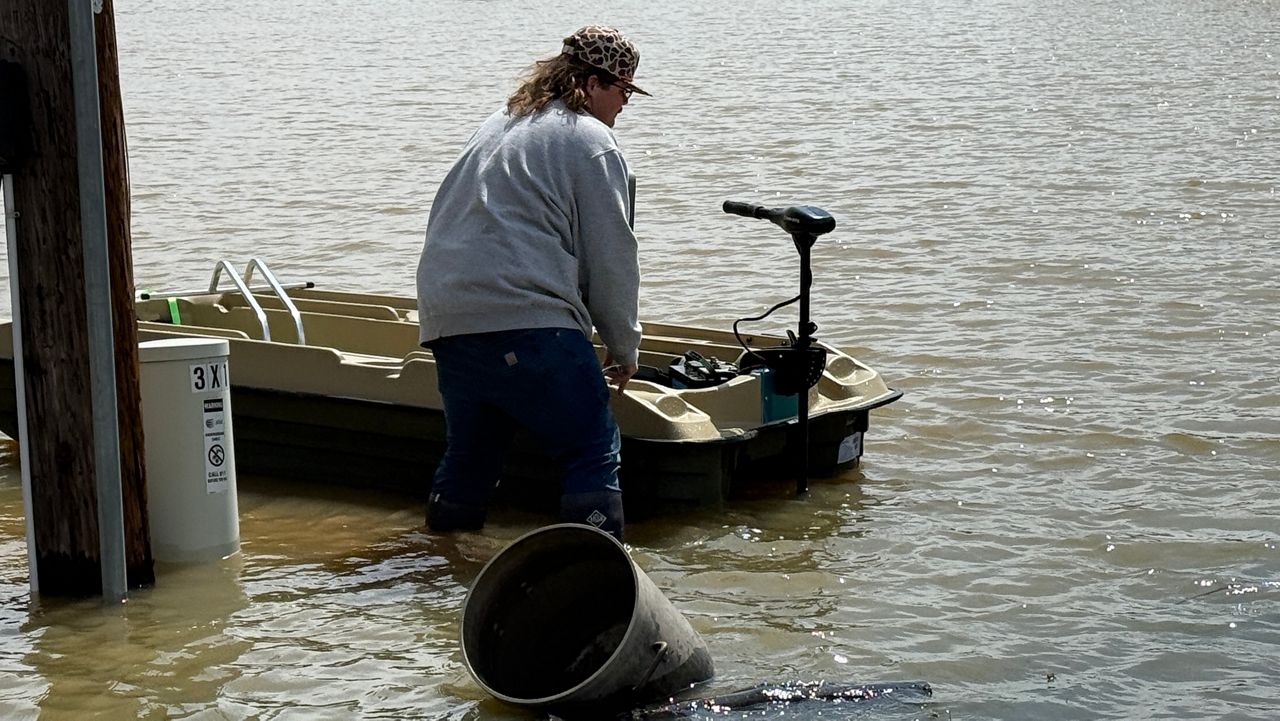COVINGTON, Ky. — Some Kentucky jailers have sued the state Department of Corrections.
Jailers involved in the lawsuit say state inmates are filling up their jails, and the state isn’t paying them enough to house those inmates.
The Kentucky Jailers Association, which includes jails in Boyd, Marion, Campbell and Kenton counties, is taking the DOC to court. Representing them is attorney Jeff Mando.
Mando said almost half of Kentucky’s state inmates, or those who have felony convictions and have been sentenced to 12 months in prison, are housed in local jails.
He said the goal of the lawsuit is to “compel DOC to comply with state law.”
“The state is paying an extremely low, unreasonable rate, to try and offset the cost that the local counties, that the fiscal courts and the local jails, are having to incur to house these state inmates,” Mando said. “My clients felt like they had no alternative but to go to court to seek the relief that they need, and that the local taxpayers deserve from the state.”
DOC pays county jails $35.34 per diem to house state inmates. Of that amount, Mando said $1.91 is designated to cover medical expenses.
“$1.91 per day for medical is a ridiculously low price. We all know what it costs just to go to the emergency room. We know what it costs to get a prescription filled. Or a copay even to see a doctor,” he said. “The state, even though they have a statutory obligation to take care of medical charges for these inmates, is ignoring that responsibility.”
Mando said the jailers also take issue with the state taking over 45 days to classify inmates and transfer them to state prisons after they’ve been sentenced.
Katherine Williams, Communications Manager for DOC, sent Spectrum News 1 the following statement:
“Per House Bill 1, enacted in 2022, DOC has 90 days to transfer inmates who have been sentenced by a judge to a state prison. The statute does not provide any exceptions to the length of time, but it is not physically possible (due to available bed space, limited staffing and covid exposures) to meet this requirement.”
Mando’s response to that statement was: “They conveniently ignore that there’s a clause in there that says upon the agreement of the local jailer. And even irrespective of that, the statistics show that they’re routinely ignoring that. They’re just not fulfilling their statutory responsibility, and that places just an unbelievable burden on the local jails, who are already crowded.”
Williams said once an individual has been sentenced to state prison, DOC must transfer them to the state assessment center for intake, booking and medical evaluation. DOC has approximately 2,000 inmates waiting to be transferred and the assessment center has 730 beds.
Mando said one desired outcome of the lawsuit is for the state to enter into contracts with local jails to outline exactly what is expected when they house state inmates. He said the contracts jails enter for federal inmates could serve as exemplary models.










